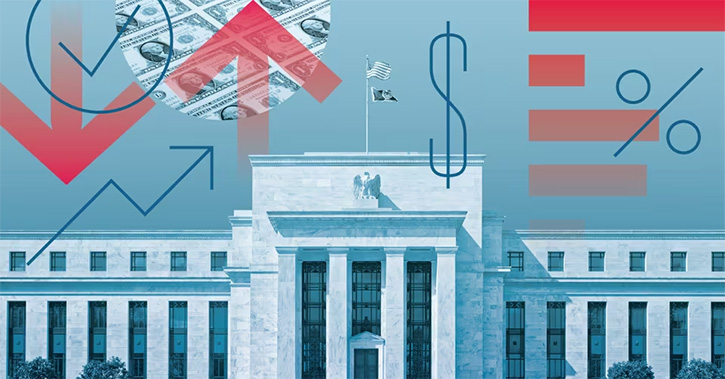I'm Paul Kaplan, research director at Morningstar Canada.
Economics and psychology were always two separate fields, having completely different approaches to modeling human behavior. But all of that changed largely due to the pioneering work of psychologists Daniel Kahneman and Amos Tversky in the 1970s. Rather than assume that people are completely rational, as economists traditionally do, Kahneman and Tversky modeled human behavior based on the observations of psychology. In doing so, they laid the foundation of what we now call behavioral economics and behavioral finance.
Daniel Kahneman shared the 2002 Nobel Prize in Economic Sciences for his contributions to the development of behavioral economics and behavioral finance. Amos Tversky passed away in 1996, and because Nobel prizes are not award posthumously, he did not share in the prize.
The Nobel committee stated, “Daniel Kahneman has integrated insights from psychology into economics, thereby laying the foundation for a new field of research.”
They specifically referred to Prospect Theory which is the model that Kahneman and Tversky developed. Prospect Theory describes how investors behave in the presence of uncertainty. It is an alternative to the standard economic model of rational decision making under uncertainty.
In prospect theory, investors simplify risky situations by using short-cuts, called heuristics, rather than perform in-depth analysis as purely rational investors do. Also, they view investment outcomes as gains or losses with respect to a starting point rather than focusing on total wealth. Furthermore, while a rational investor has an accurate view of probabilities of outcomes, in prospect theory, investors overweigh small probabilities and underweigh large probabilities, just as investors do in real life.
The insights of behavioral finance are not just for academics to debate. They have important implications for investors. First of all, by understanding the systematic cognitive errors that we tend to make, we can correct them and become better investors. This is what financial advisors who provide behavioral coaching help their clients do. Secondly, if enough investors are systematically making cognitive errors, this could create investment opportunities for investors who behave more rationally. This could be the source of the success of some systematic strategies such as value investing.
The Nobel committee summed up Kahneman’s contribution by stating “His work has inspired a new generation of researchers in economics and finance to enrich economic theory using insights from cognitive psychology into intrinsic human motivation.” In 2017, they would confirm that assessment by awarding the Nobel Prize to the behavioral economist Richard Thaler. I will be discussing his contribution in a future video.
I'm Paul Kaplan, research director at Morningstar Canada.




















